fakenews
Latest

Facebook security chief is reportedly leaving over misinformation dispute
Facebook's struggle to deal with Russian manipulation campaigns has produced a casualty among its upper ranks. The New York Times has learned that chief information security officer Alex Stamos is expected to leave Facebook in August after butting heads with other executives (including COO Sheryl Sandberg) over the company's approach to Russian influence campaigns. He had pushed for investigations and disclosures, sources said, much to the "consternation" of top staff.
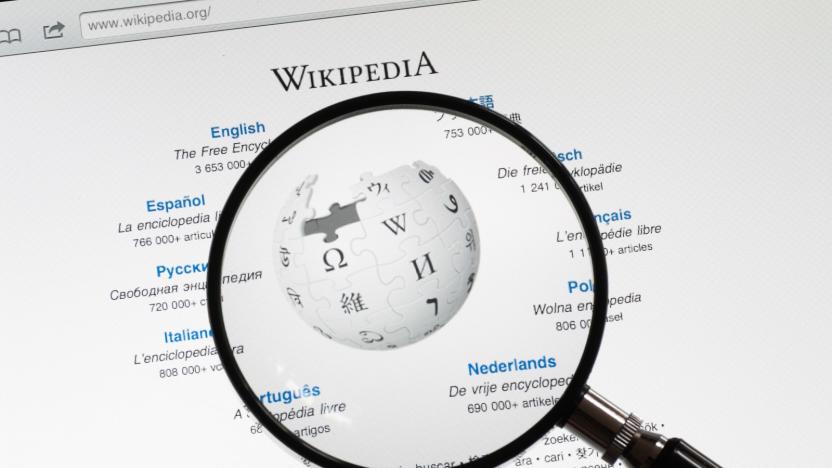
Wikipedia had no idea it would become a YouTube fact checker
YouTube CEO Susan Wojcicki said during a SXSW talk this week that the company would be making a more concerted effort to stem the spread of misinformation on its site. Specifically, YouTube plans to start adding "information cues," including text boxes that link to third-party sources like Wikipedia, to videos covering hoaxes and conspiracy theories. But in a statement, Wikimedia Foundation has now said that neither it nor Wikipedia were told about YouTube's announcement ahead of time. "In this case, neither Wikipedia nor the Wikimedia Foundation are part of a formal partnership with YouTube," the company said. "We were not given advance notice of this announcement."
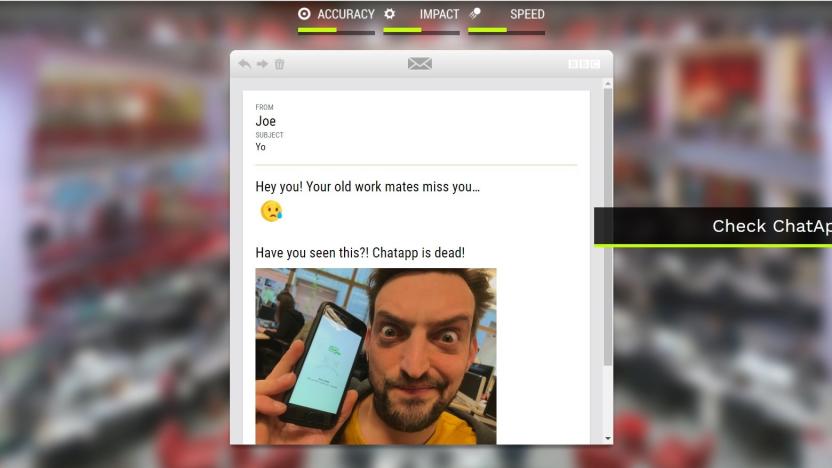
BBC game helps kids lead the fight against fake news
The BBC wants the news consumers of tomorrow to understand and identify fake news, and has launched a game to help them do exactly that. The game, called BBC iReporter, puts young people in the shoes of a newbie BBC journalist about to break their first news story. Players must make all kinds of journalistic choices in pursuit of their scoop. Which sources should they trust? Where should they go to check their facts? Their objective, just like real journalists, is to deliver a tight, credible story against the clock, or face the wrath of their editor.
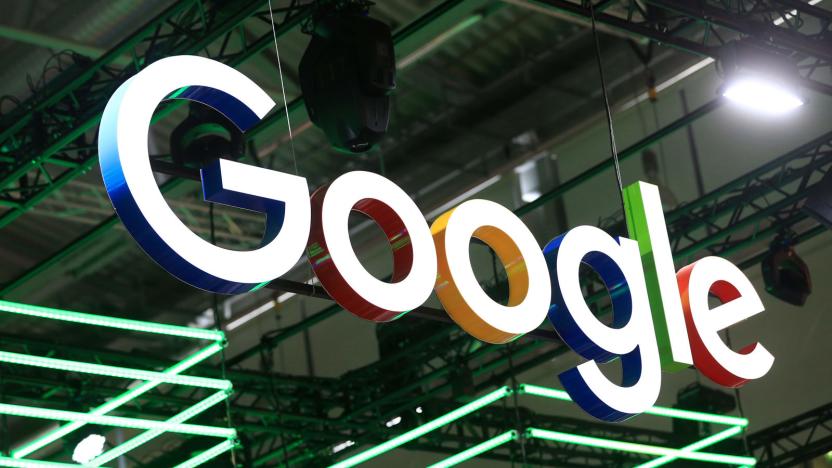
Google purged 3.2 billion bad ads from the web last year
It's no secret that Google (and much of the tech industry) struggle to deal with bad advertising in 2017, and the company now has the stats to prove it. The company has revealed that it removed over 3.2 billion bad ads in 2017, or nearly twice as many as the 1.7 billion it pulled in 2016. Accordingly, Google kicked out 320,000 ad publishers, blacklisted 90,000 websites and removed ads from 2 million pages per month. An April policy change that widened anti-hate policies led to 8,700 pages losing their Google ads.
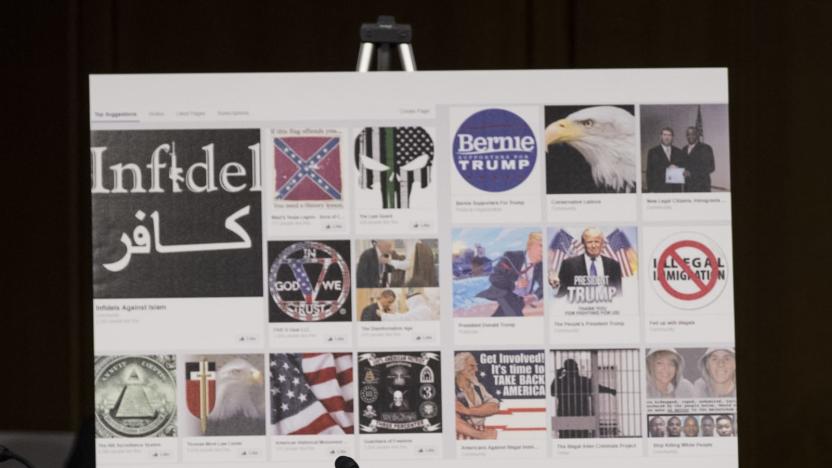
Facebook knows it must do more to fight bad actors
Not everything at SXSW 2018 was about films or gadgets. A few blocks away from the Austin Convention Center, where the event is being held, the Consumer Technology Association (CTA) hosted a number of panels for its Innovation Policy Day. In a session dubbed "Fighting Terror with Tech," Facebook's Lead Policy Manager of Counterterrorism, Brian Fishman, spoke at great length about what the company is doing to keep bad actors away from its platform. That doesn't only include terrorists who may be using the site to communicate, or to try to radicalize others, but also trolls, bots and the spreading of hate speech and fake news.
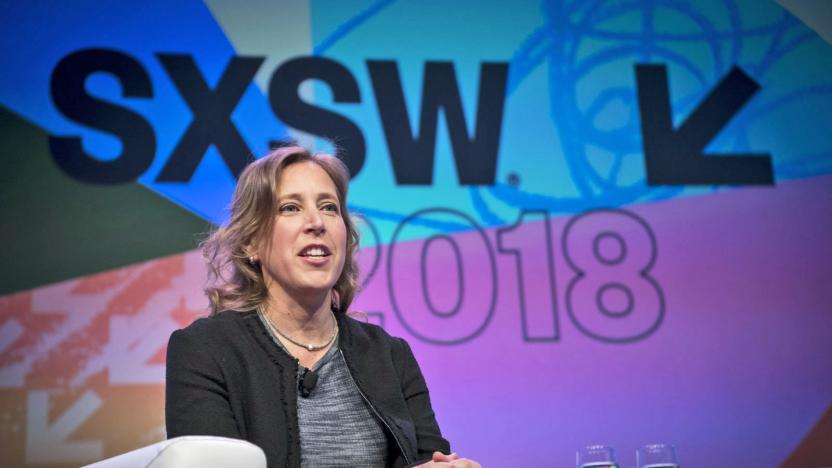
YouTube CEO talks misinformation, creators and comments at SXSW
YouTube's presence at SXSW 2018 extended beyond its Story HQ, a space where it turned ads into videos that feel more like art. The company's CEO, Susan Wojcicki, was part of a panel at the event titled "Navigating the Video Revolution in the Digital Age." There, she talked about a wide range of topics, including experiments for YouTube's comments section and how much money creators are making. But the biggest news Wojcicki dropped on stage was about a new feature she called "information cues," which will help fight hoaxes by linking viewers to articles on Wikipedia that debunks those.
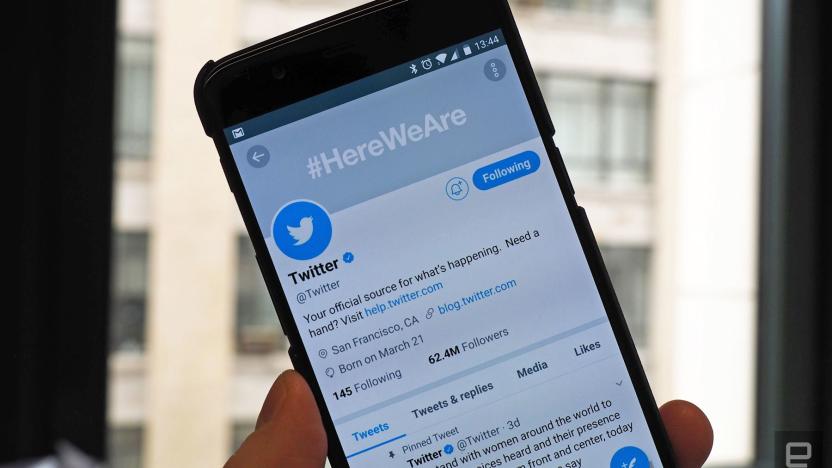
Study finds fake news spreads faster and further on Twitter than truth
There's been a lot of discussion about fake news, how it spreads on social networks and how it impacts behaviors like political decisions. But there hasn't really been an in-depth look into how true and false information spreads on sites like Facebook or Twitter, nor has there been an analysis on how big of a role bots play in that spread. Well three researchers at MIT have just published a study in Science that does just that and their work finds that false information spreads faster, further, deeper and more broadly than true information and that humans, not bots, are to blame.

Medium suspends alt-right trolls following major rules change
Medium is taking its own steps in the fight against fake news and following a major reworking of its rules, has suspended the accounts of a handful of writers. As The Outline reports, the accounts of Mike Cernovich, Jack Posobiec and Laura Loomer now link to a largely blank page that says, "This page is unavailable."
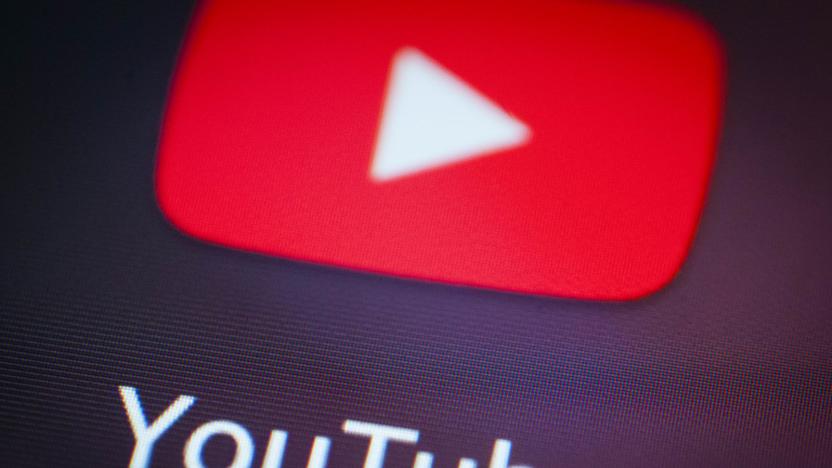
YouTube's trending section shows it has a fake news problem, too
In discussions of the ongoing battle over fake news, we often hear Facebook and Google criticized for playing a hand in spreading false information. And while both have made efforts recently to stem the spread of misinformation on their platforms, they've each had some major missteps. YouTube is talked about less often when it comes to fake news, though it isn't short of scandals itself. Last year, a number of companies and groups pulled their ads once it became known that they were appearing alongside extremist content and YouTube has also had to deal with predatory comments on children's videos, content falsely parading as being appropriate for kids and of course Logan Paul. But today, YouTube has stepped into the fake news spotlight. The number one trending video on the site earlier today was a video purporting to be evidence that David Hogg isn't a Marjory Stoneman Douglas High School student but instead an actor paid to speak out during crises.

Twitter’s fake news problem is getting worse
Earlier this week, we endured another school shooting. This time, in Parkland, Florida, where at least 17 students were killed. During the shooting's aftermath, hoaxes and disinformation spread on Twitter. It's a phenomenon that happens after every tragedy, and it doesn't seem to be going away.
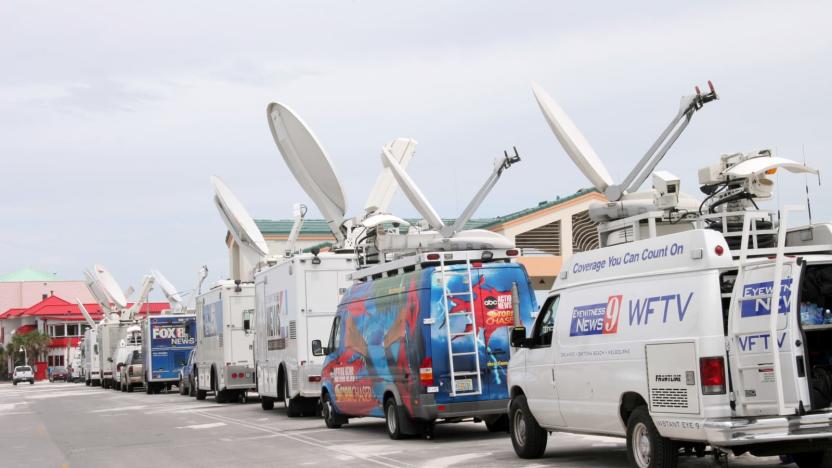
Twitter will broadcast local TV news to avoid misinformation
In an effort to curb the spread of misinformation, Twitter will begin broadcasting local TV news alongside the timeline when tragedy strikes. The microblogging service tested the feature yesterday, streaming news coverage of the school shooting at Marjory Stoneman Douglas High School in Miami. As Buzzfeed News reports, once you click on the live videos on the timeline, you'll be taken to another timeline populated by tweets about whatever's happening on the news.

Facebook promoted conspiracy theories surrounding Amtrak crash
On Wednesday, a train carrying House Republicans collided with a truck. The accident left one person dead and another injured. It's a tragedy, to be sure, and promoting misinformation around the event is incredibly unhelpful. Which is why it's so frustrating that Facebook is apparently up to its old tricks; the social network promoted stories in the "People are Saying" section of "Trending News" that were full of conspiracy theories and misinformation, including that Hillary Clinton ordered the crash. The Daily Beast first reported on the issue.

We spend less time on Facebook, but it still makes loads of money
The past few weeks haven't been easy for Facebook. After announcing an overhaul to its News Feed earlier this month, one that places emphasis on people's interactions over content from brands, the company has been taking heat for its new approach. Not only because Facebook is leaving publishers who relied on its platform behind, but it also isn't offering the best solution to fix its fake news problem. A blunt two-question "trusted" news survey simply won't cut it. CEO and founder Mark Zuckerberg said that, with these changes, he expects users' time on the site to go down, but he believes keeping people happy will be better for Facebook's bottom line in the long run.
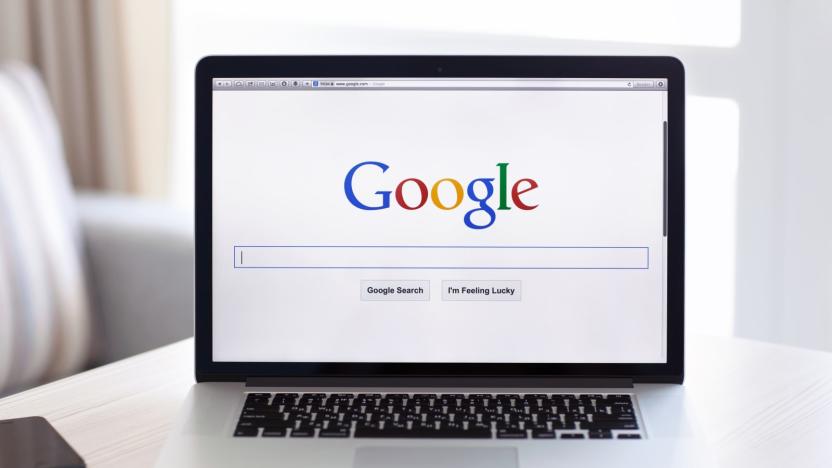
Google takes steps to combat fake news 'snippets'
Google announced this week that it is revamping its "snippets" feature, which is the featured description you usually see at the top of search results when you input a question. Recently, the search engine has come under fire for displaying "fake news" as snippets. Now, the company is updating its Search Quality Rater Guidelines to help human raters more accurately flag hoaxes, conspiracy theories and false and/or offensive information. Additionally, it is adjusting its rankings to promote high-quality content and demote low-quality content.
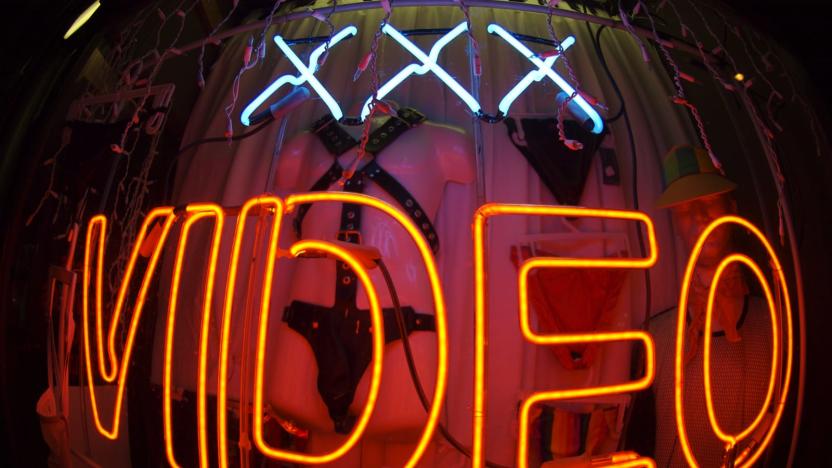
Fake porn is the new fake news, and the internet isn’t ready
Ever since Facebook finally admitted to having a fake news problem, it's been trying to fix it. It hired thousands of people to help block fake ads, pledged to work with third-party fact-checking organizations and is busy building algorithms to detect fake news. But even as it attempts to fight back against fraudulent ads and made-up facts, another potential fake news threat looms on the horizon: artificially generated fake video.
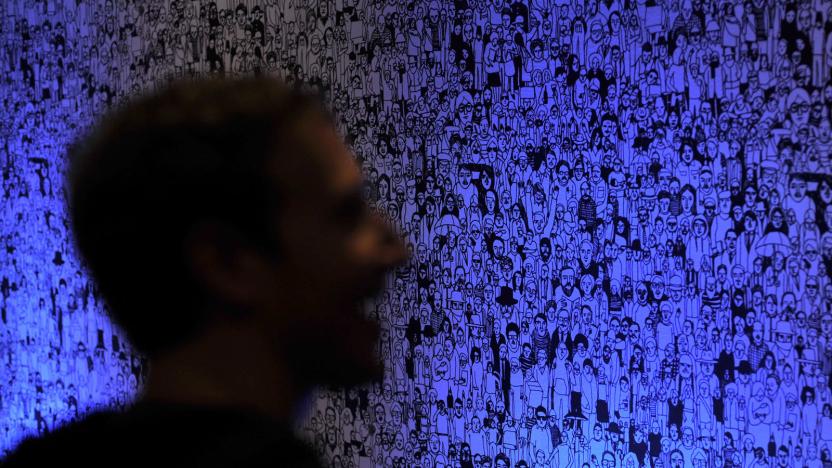
Facebook feigns accountability with ‘trusted’ news survey
When Facebook announced it was rolling out a major overhaul to its News Feed earlier this month, it did so with the intention of prioritizing interactions between people over content from publishers. It was a notable shift in strategy for the company, which for the past couple of years had been working closely with news outlets to on heavily promote their articles and videos. But, Facebook discovered that people just weren't happy on the site -- likely due to the vast amount of political flame-throwing they've been exposed to since the 2016 US Presidential election. So in order to alleviate this problem, it decided it was best if users saw more posts from friends and family, instead of news that could have a negative effect on their emotions. Because keeping people both happy and informed is, apparently, hard.

The UK Prime Minister is creating an anti-fake news squad
In its most benign form, fake news can simply be clickbait designed to get eyes on banner ads. In other instances -- the one's governments are primarily concerning themselves with -- it's propaganda designed to invoke outrage and sway public opinion on elections and other important decisions. UK Prime Minister Theresa May has previously accused Russia of "seeking to weaponize information" by "deploying its state-run media organizations to plant fake stories and photoshopped images in an attempt to sow discord in the west and undermine our institutions." And now, she's taking action by creating a new specialist unit tasked with actively tackling fake news. What we're not being told, however, is how this anti-misinformation squad is supposed to do that exactly.
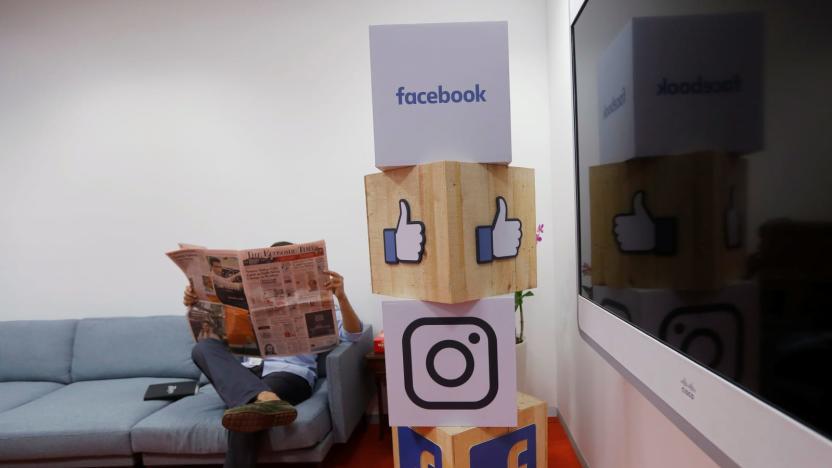
Facebook's 'trusted' news source survey is two simple questions
When Facebook said it would rank the trustworthiness of sources in your News Feed based on community feedback, it raised questions as to what that survey would look like. Well, we know now... and it's not terribly complicated. BuzzFeed has obtained the survey, and it's limited to the two questions Mark Zuckerberg alluded to when announcing the move: whether you recognize certain sites, and how much you trust them (from "not at all" to entirely"). No really, that's the extent of it. If you were expecting a nuanced examination of editorial integrity that helps you explain exactly what you trust, you're going to be disappointed.
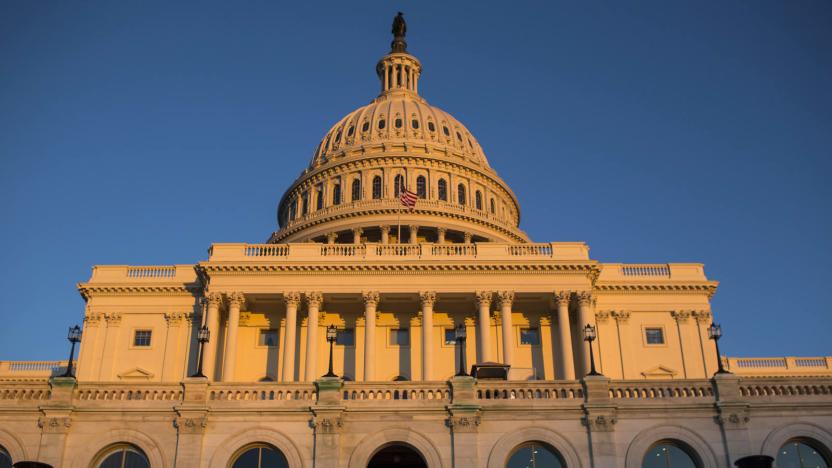
Tech giants spent record $50 million lobbying the US in 2017
The dramatic shift in American politics during 2017 created many headaches for the tech industry -- and you'd better believe they spent plenty of money trying to cure those headaches. Recode has combed through House and Senate records to learn that Amazon, Apple, Facebook, Google and Microsoft spent a combined $50 million (a record amount) lobbying the US government in 2017. Outside of Microsoft, the corporate giants spent millions more fighting for and against policies -- some of which werent't even on the radar in previous years.
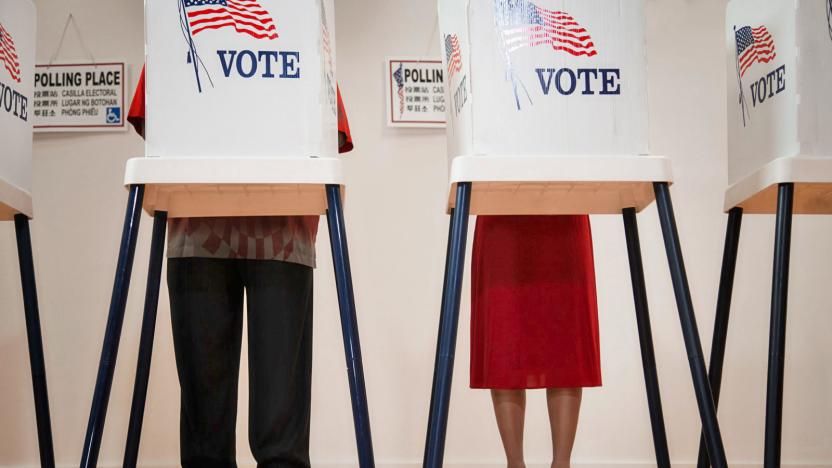
Facebook explores whether social media is good for democracy
As part of its Hard Questions series, Facebook has decided to explore the question of whether social media is good for democracy. The last US presidential election brought that question to the fore of many people's minds, directly or indirectly, as it became clear that fake news and meddling by foreign actors played not insignificant roles. For this topic, Facebook is doing something a little different, inviting three outside experts to share their thoughts on this question and those individuals include Harvard professor Cass Sunstein, social media scholar and former president of Estonia Toomas Hendrik Ilves and University of Sydney professor Ariadne Vromen.







